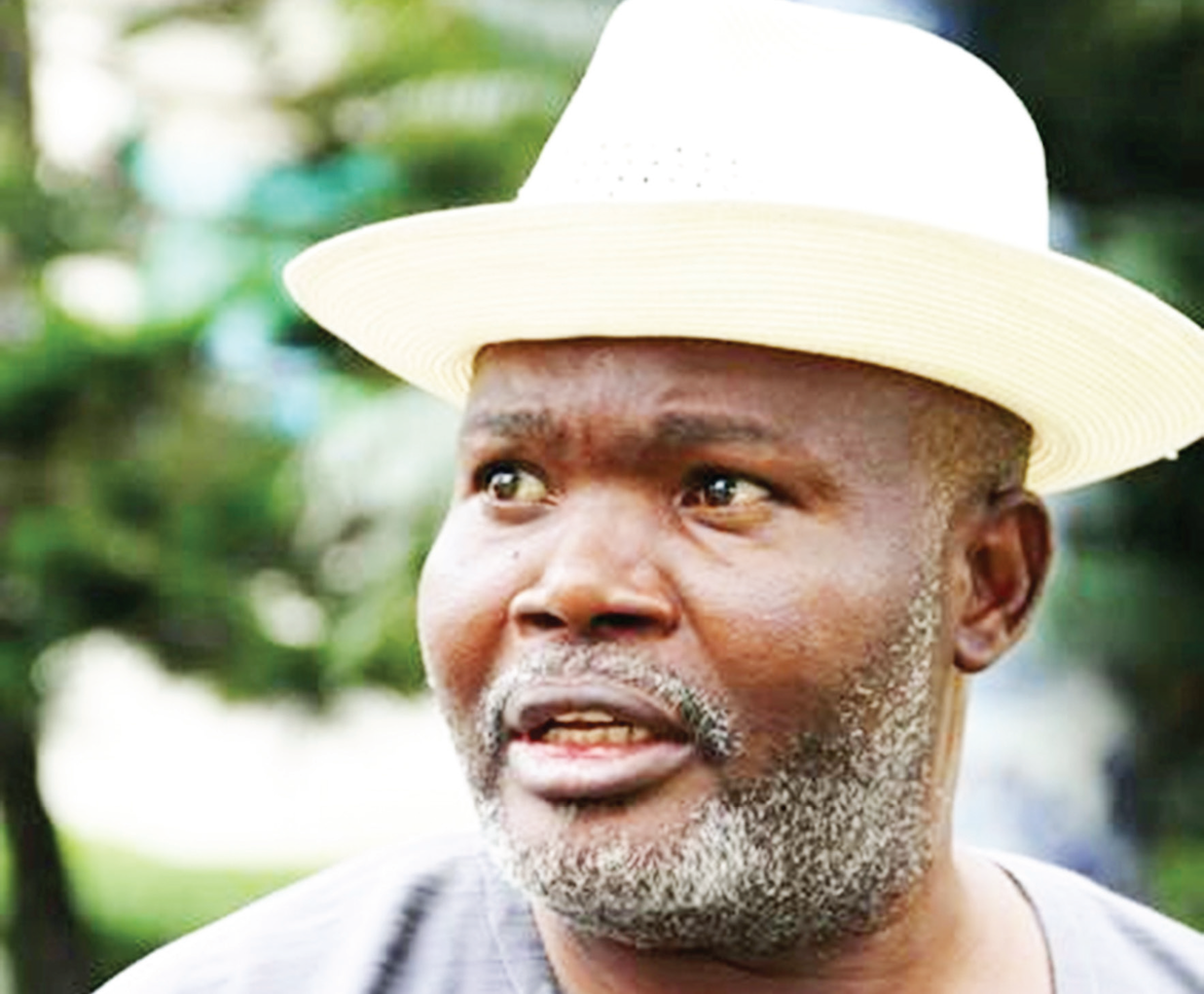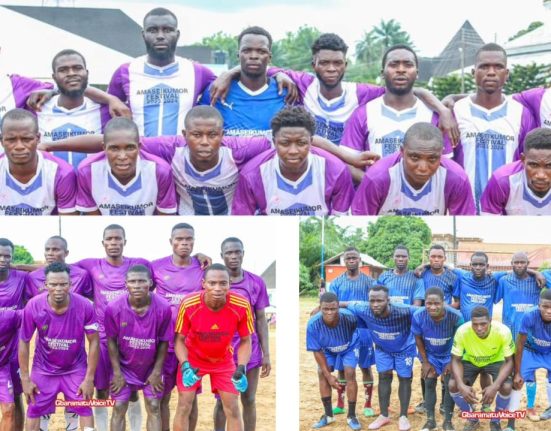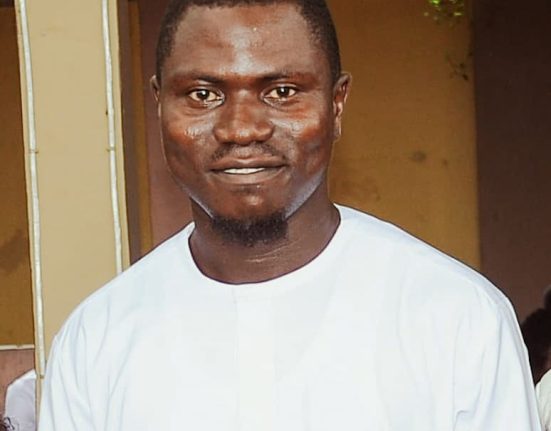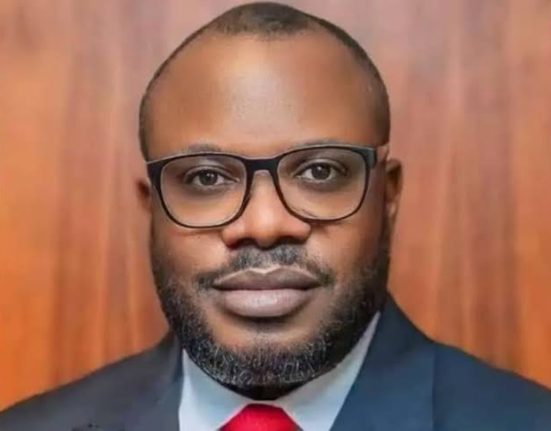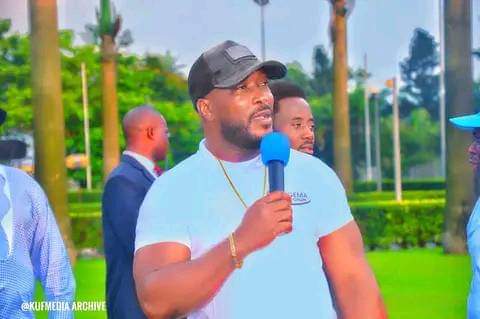By Jerome-Mario Utomi
To help douse the swift and conflicting reactions, utter confusion and frustration raging in the minds of the Niger Deltans and other stakeholders, occasioned by the inexplicable and unexpected provisions of the recently passed Petroleum Industry Bill (PIB), I sought a telephone conversation with Comrade Joseph Angodeme Evah, Coordinator, Ijaw Monitoring Group. That was a few days ago.
Essentially, on that day, at that time and in that place, I listened to him with rapt attention as his frankness made it very easy for me to be at ease in his presence. After ‘watching’ him use analysis and well crafted arguments to demonstrate among other concerns how the Federal Government is creating tension in the Niger delta that no human being can control, I concluded that what made the ‘meeting’ crucial was not its focus on the Petroleum Industry Bill, but how well the new awareness will serve the interest of the nation.
Beginning with the 3% allocation to the community, he said; well, as you can see, every normal human being from the Niger delta is against the 3% or 5%. They are in support of the community’s demand of 10%. Yes. Although, like the Bible says; no one can enter a strong man’s house without first tying him up. Then he can plunder the strong man’s house Mark 3:27. Those who want to frustrate us or make nonsense of our heritage are now sponsoring some of our children who are betrayers to work against our common objective.
We are telling the Federal Government that they are creating tension in the Niger delta that no human being can control. This is the time the Government is talking about Nnamdi Kanu and IPOB. This is the time that the Government is worried about Sunday Igboho of the Yoruba nation. All these agitations are because of injustice. Instead of the Buhari government to do something to build our unity, he is by his actions encouraging the separatist movement. If it is at this time that this kind of bill is coming up, it means the government is also encouraging separatist movement in the Niger Delta
Providing direction to this conversation, I asked; how would you evaluate the role played by the representatives from the south-south region?
And just immediately, he gave this tragic-comic reply; we said they should come and give us a report of what happened, we are waiting for them. We have called their Telephone lines; and all their phones are not working. Yes! All their Telephone lines are not working; I have called some of them and their phones are not working. Some of them at the National assembly are my cousins. Their Telephones are not working. They are all betrayers and they are hiding. They have put their names as Judas. They are the Judases of Niger Delta. We cannot fold our hands for something that in the next ten years will backfire on us.
In the next ten years from now, anybody can become Nigerian president and do whatever they like, because they believe that the Niger Deltans are the only people that send betrayers to the national assembly. We will not encourage that.
We expected them to walk out of the National Assembly. Other regions have in the past walked out of the national assembly. And there was reconciliation because those people walked out of the national assembly. What have they been sitting down like Mumu at that place for? What are they benefitting? So we are angry. They are Mumu. People from other tribes see them as betrayers of their region. In Abuja, they are shameless people moving about.
On 13%derivation, he captures it this way; we are not saying 100% as our expectation but because we are human beings, we will continue to talk to our leaders, let this thing be workable.
In 1999, I made a submission to Chief Olusejun Obsanjo, the former President of the Federal Republic of Nigeria, I remember telling him that the 13%derivation should be changed, and should not be given to the Governor because the governors see the 13% as a Christmas party.
Instead, he added, let us apply what Babangida did. Babangida used trade by barter to build Abuja. He started the 13% with Julius Berger because Julius Berger could not be corrupted. Julius Berger built the Aso rock; Julius Berger built 90% of all the facilities. It was Julius Berger that changed Abuja to London. So, if he gives part of that 13% to Julius Berger Construction Company, you will see that Niger Delta will change to London.
To help make the conversation more rewarding, I (the author) asked this solution-oriented question; how will the region remedy the situation bearing in mind that Mr. President is yet to sign the bill into law?
Let’s again listen to Comrade Evah; that is why we are appealing to the president to do the needful so as not to encourage separatist movement in the Niger Delta. He should send the bill back to the National Assembly for them to revisit it again. Even the Supreme Court reverses itself when the need arises. So why can’t the National Assembly? That is our advice for him
Yet again, the author fired; what do you think is the holistic approach to Niger Delta challenge?
Hear him; the holistic approach to Niger delta challenge strictly depends on those who are ruling the country. It depends on their ability to assemble the nation’s first eleven for the purpose of development, as used after the civil war. It means selecting people who are focused and impeccable. Politics has bastardized everything. No investments for our children, nothing, the universities are not working. How come Buhari who has been a former military Governor, former Minister and former head of state cannot assemble people who are credible, people who are productive? All we have witnessed is everyday borrowing? What kind of government is that? When they promised change, we never knew that it was borrowing change.
At this point, the author urged that the conversation move from expression of grief to finding a solution. Can’t our electoral system address the present leadership challenge in the country particularly, the issue of first eleven as mentioned above? ,
He responded thus; yes, elections can but our electoral process cannot be trusted. If we want to deal with, and correct this situation, we must learn to spend less money on elections. Through that process, you will see the beauty of democracy. The best candidates will emerge. But will they allow it? It will not be allowed. We have some members of the national Assembly that go there to sleep. Some of them have been part of the national Assembly right from the government of Shehu Shagari. We have to confront these people. That is why we are confronting them.
He continues; I hope that all what we are saying on television and newspaper Mr. President sees them, unless the press secretaries will be hiding television from him because that is what some press secretaries do. Instead of the president watching news channels, press secretaries will tune to cartoon networks. Instead of them showing him newspapers on national matters, they show him any magazine that contains cartoon networks. Those who are guarding the president give the president a fake opinion. They are blocking people from coming to tell the truth to his ears. That is the problem. All the press secretaries around the president need to repent. Give him newspapers on national matters to look at the opinion of the people. It will help the president to manage Nigeria.
The above scenario notwithstanding, Comrade Evah noted that leaders from the Niger Delta, particularly members of PANDEF have made a lot of moves. They are still making moves and the Ijaw National Congress leaders too; they are still making moves to visit the Aso rock to talk to the president. The problem is that, will the president be fair enough to do that?
On his thoughts about how the Amnesty programme can bear the targeted result, watch out for part two of this piece.
Utomi is the Programme Coordinator (Media and Public Policy), Social and Economic Justice Advocacy (SEJA), Lagos. He could be reached via jeromeutomi@yahoo.com/
Support Quality Journalism in the Niger Delta Region
Join us in our mission to bring development journalism, cultural preservation, and environmental awareness to the forefront. Your contribution makes a difference in the lives of the people of the Niger Delta. Donate today and be a part of the change!


